6 GPTs for Cognitive Restructuring Powered by AI for Free of 2026
AI GPTs for Cognitive Restructuring are advanced artificial intelligence tools designed to support and facilitate cognitive restructuring processes. Leveraging Generative Pre-trained Transformers (GPTs), these tools are adept at understanding, generating, and manipulating text in a way that aligns with the principles of cognitive restructuring. By analyzing and rephrasing thoughts, beliefs, and attitudes, AI GPTs can help users identify and alter negative patterns of thinking, thereby contributing to improved mental health and well-being. These AI tools are specifically tailored to assist in the therapeutic techniques and strategies involved in cognitive restructuring, making them a valuable asset in psychology and mental health fields.
Top 6 GPTs for Cognitive Restructuring are: Mindful Therapist,CBT For GPT,コーチングGPT,AnxietyCBT,Mind Mender,Anxiety Help and Support
Mindful Therapist
AI-Powered Cognitive Behavioral Companion
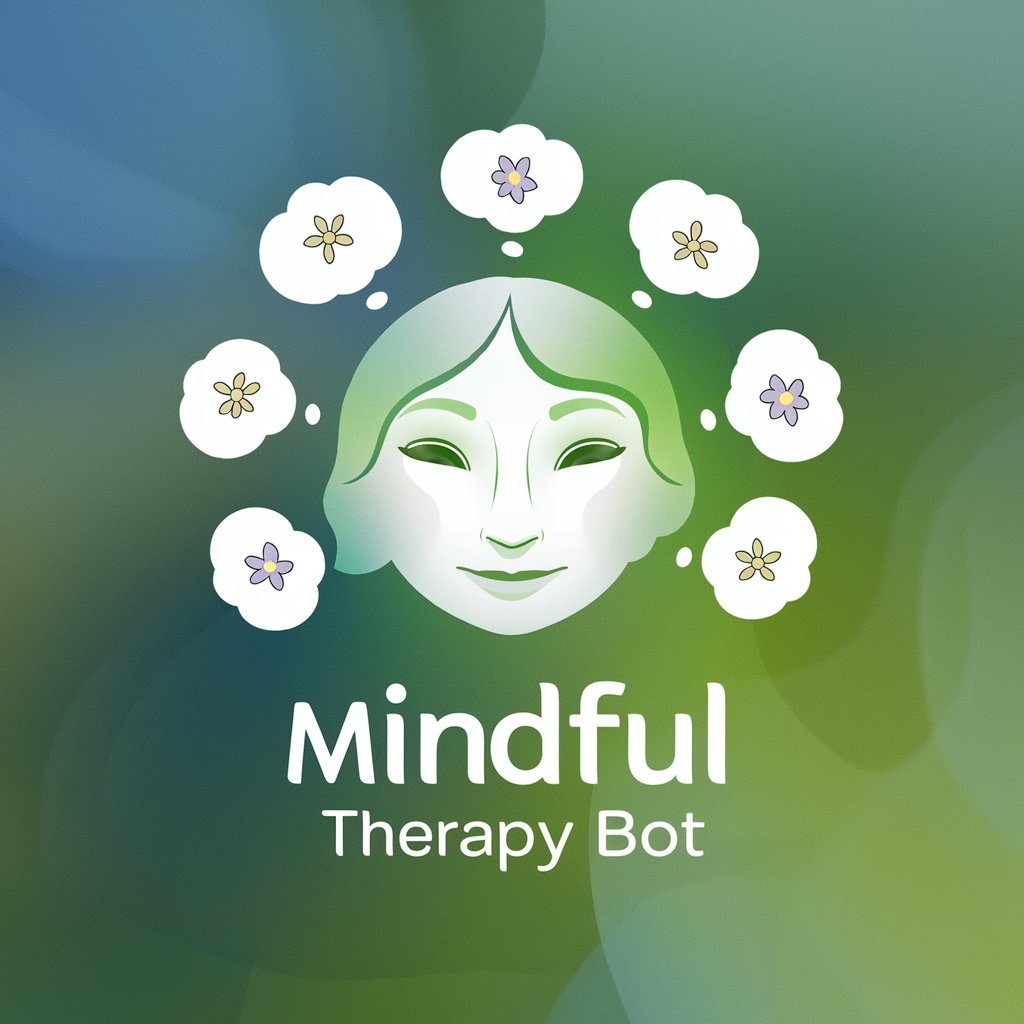
CBT For GPT
Empowering Self-Care Through AI
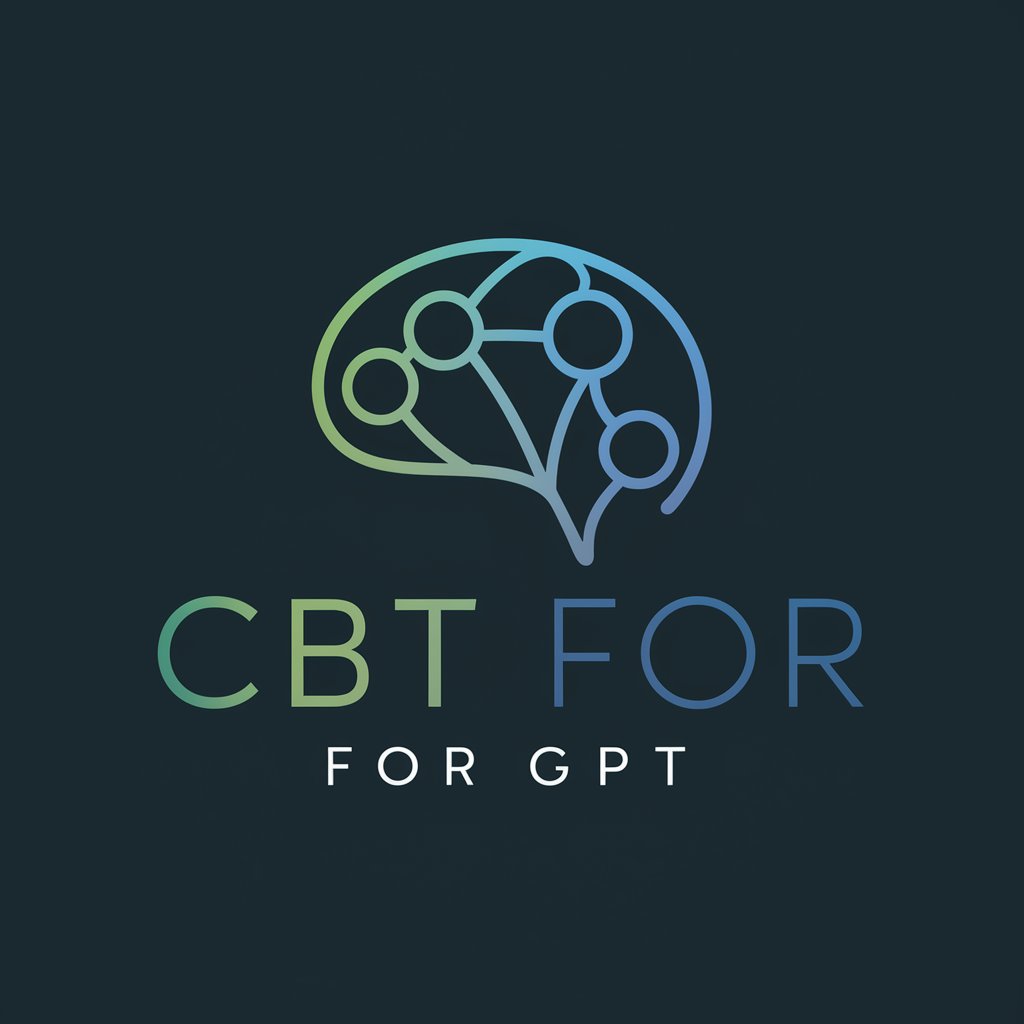
コーチングGPT
Empowering Your Professional Journey

AnxietyCBT
Reframe your thoughts, ease your mind.
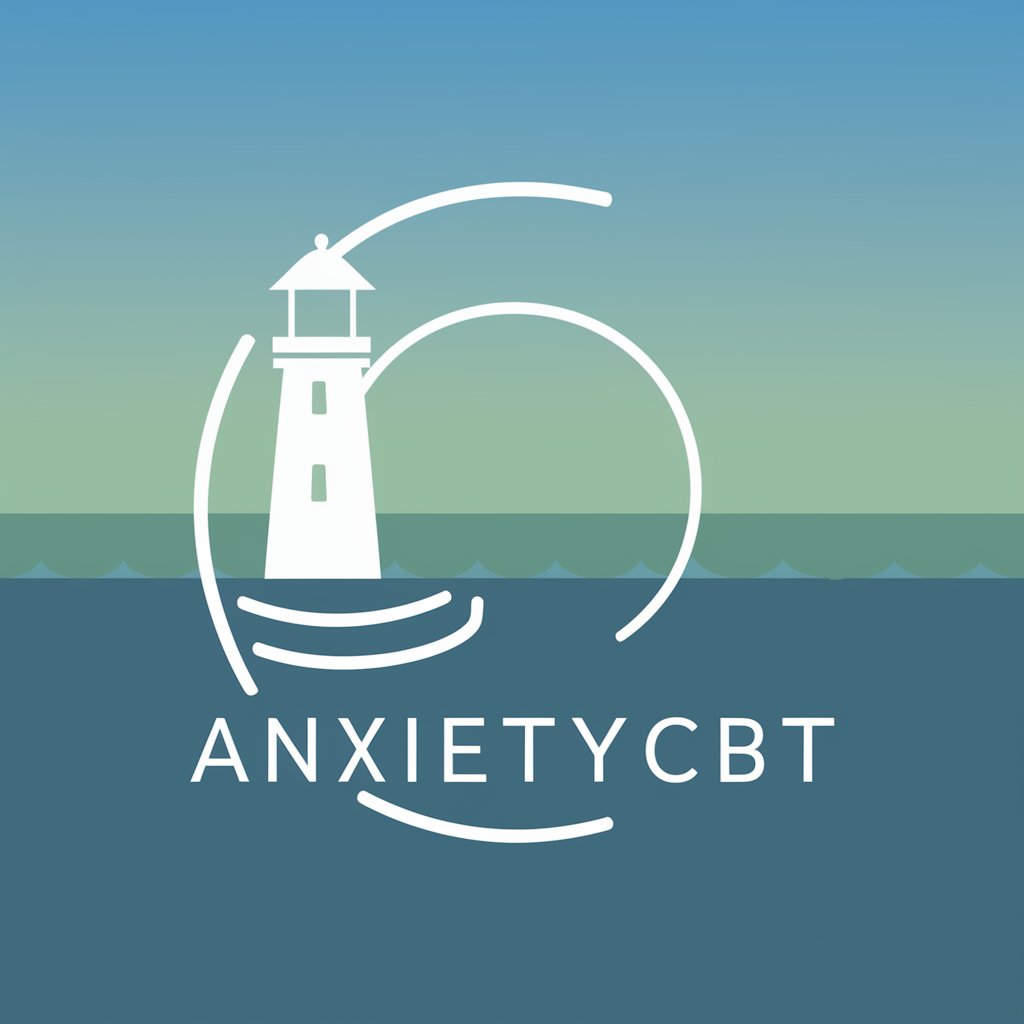
Mind Mender
Enhance your mind, empower your life.
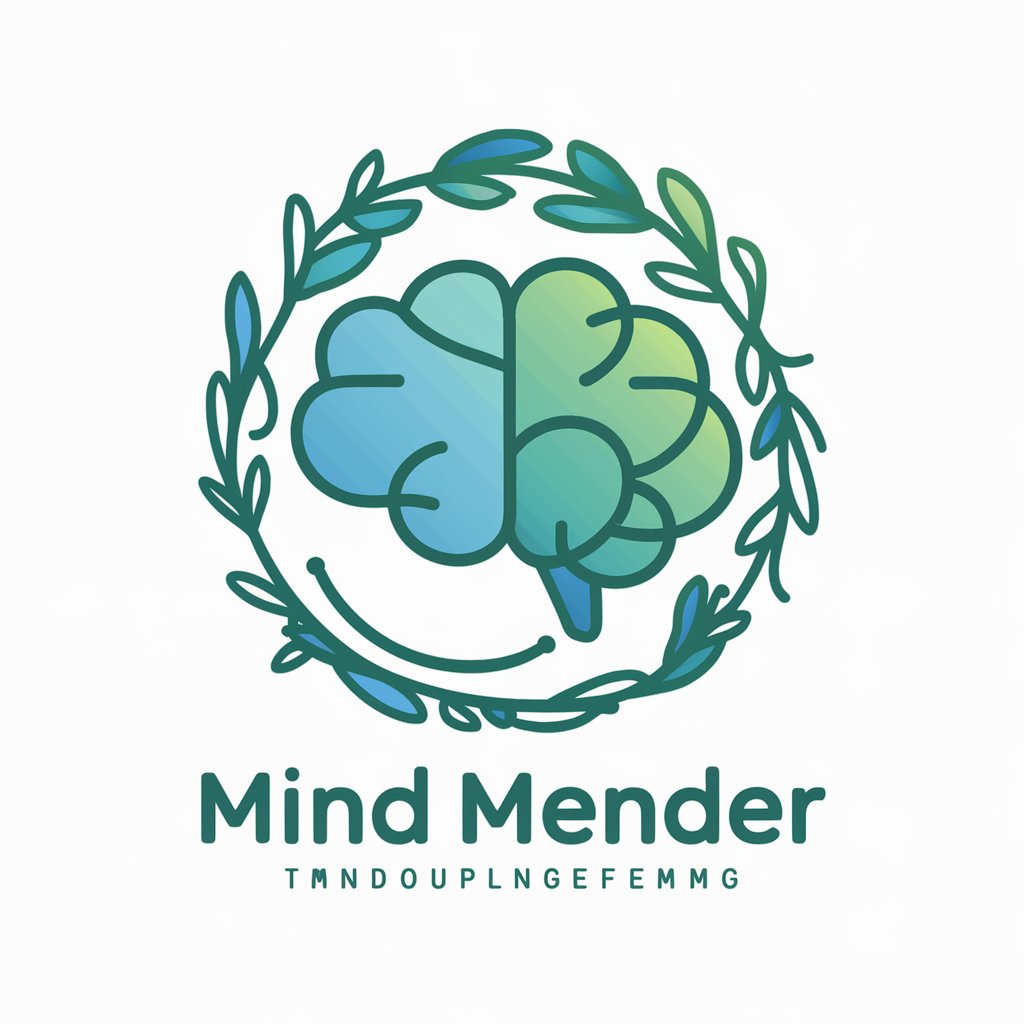
Anxiety Help and Support
Empower Your Mind Against Anxiety
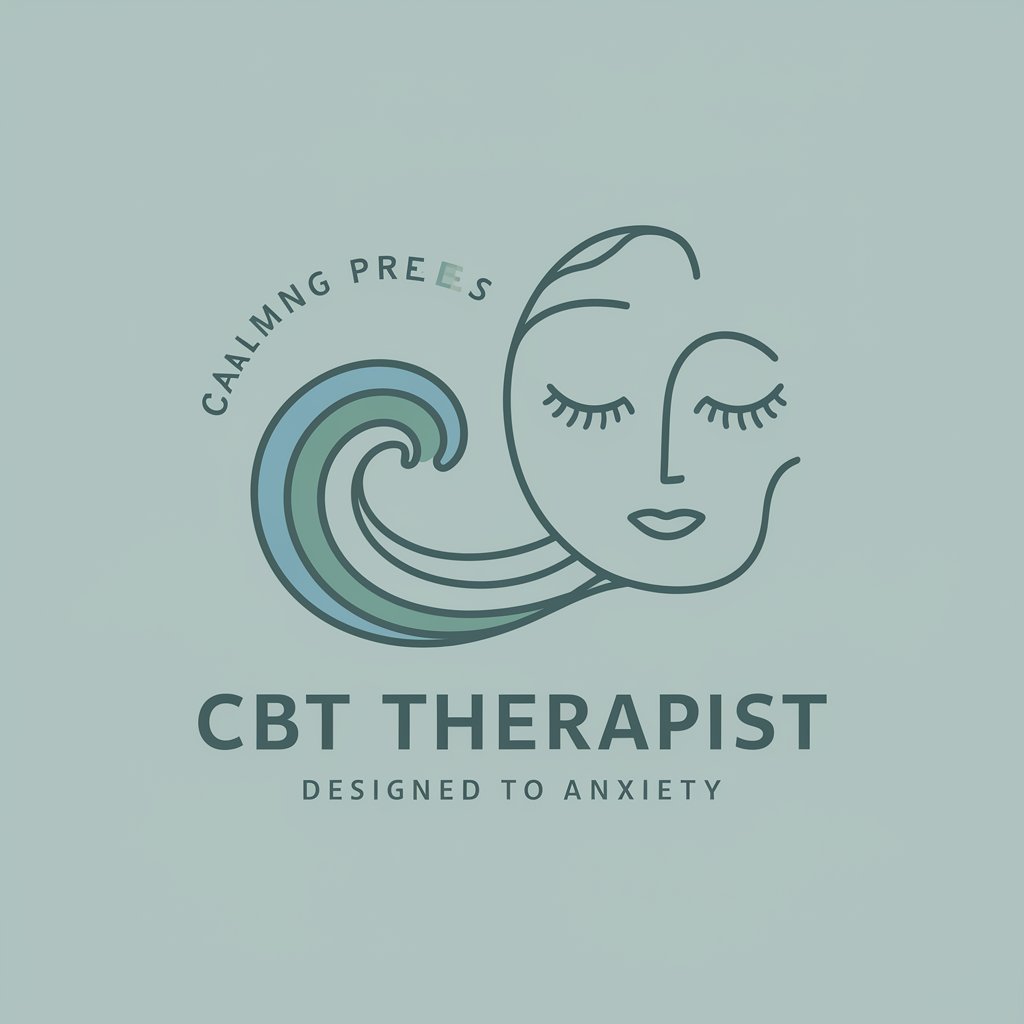
Key Characteristics of Cognitive Restructuring AI Tools
AI GPTs tools for Cognitive Restructuring stand out due to their adaptability, precision, and depth of language understanding. These tools can tailor their responses from simple prompts to complex therapeutic dialogues, making them suitable for a wide range of cognitive restructuring tasks. Key features include natural language processing capabilities, empathy and tone adjustment for sensitive contexts, technical support for integrating with healthcare systems, and the ability to learn and adapt from user interactions. Their capacity for web searching and data analysis also supports evidence-based practices in cognitive therapy.
Who Benefits from Cognitive Restructuring AI?
The primary beneficiaries of AI GPTs for Cognitive Restructuring include mental health professionals, therapists, and psychologists who seek to enhance their therapeutic practices. Additionally, individuals interested in self-help and personal growth can leverage these tools to work on their thought patterns. The technology is accessible to users without programming skills, offering intuitive interfaces, while developers can find advanced customization options to tailor the tools to specific therapeutic needs.
Try Our other AI GPTs tools for Free
Editorial Revision
Discover how AI GPTs for Editorial Revision transform the editing process with advanced language processing, offering tailored, efficient solutions for enhancing writing quality.
Information Sharing
Discover how AI GPTs for Information Sharing are revolutionizing the way we create, analyze, and disseminate information with advanced AI capabilities tailored for efficiency and accuracy.
Visual Effects
Discover how AI GPTs are transforming the visual effects industry with innovative solutions that automate tasks, enhance creativity, and streamline workflows for professionals and novices alike.
Casting Assistance
Discover how AI GPTs for Casting Assistance transform the talent scouting process with innovative technology, making casting efficient, accurate, and accessible to all.
Daily Horoscopes
Discover personalized daily horoscopes powered by AI. Explore how our advanced GPT tools offer tailored astrological insights and predictions.
Space Harmonization
Discover AI-powered Space Harmonization tools, designed to transform your approach to space design with innovative, tailored solutions for every spatial challenge.
Expanding Horizons with Cognitive Restructuring AI
AI GPTs for Cognitive Restructuring are revolutionizing the way we approach mental health, offering scalable, personalized, and accessible tools that complement traditional therapy. Their integration into healthcare systems and user-friendly interfaces make them a valuable asset for both professionals and individuals seeking to improve mental well-being. As these tools continue to evolve, they promise to enhance the efficacy of cognitive restructuring techniques across various sectors.
Frequently Asked Questions
What exactly is Cognitive Restructuring?
Cognitive Restructuring is a therapeutic process aimed at identifying and changing negative or harmful thought patterns. It's a core component of cognitive behavioral therapy (CBT), focusing on altering irrational beliefs to improve emotional well-being.
How do AI GPTs assist in Cognitive Restructuring?
AI GPTs assist by providing an interactive platform to identify, challenge, and modify negative thoughts. They use natural language processing to understand user inputs and generate responses that encourage positive cognitive changes.
Can AI GPTs replace human therapists?
While AI GPTs offer significant support, they are not a replacement for human therapists. They serve as complementary tools, offering additional resources for clients and therapists alike.
Are these AI tools accessible to individuals without any coding experience?
Yes, these tools are designed to be user-friendly for individuals without coding experience, offering intuitive interfaces and guided processes for cognitive restructuring.
How customizable are AI GPTs for specific therapy needs?
AI GPTs offer a range of customization options, from adjusting the tone and language to tailoring the therapeutic approaches based on the user's specific needs and therapy goals.
Can these tools integrate with existing healthcare systems?
Yes, many AI GPTs for Cognitive Restructuring are designed with the capability to integrate with existing healthcare systems, ensuring seamless use alongside traditional therapeutic practices.
What measures are in place to ensure user privacy and data security?
AI GPT tools prioritize user privacy and data security, implementing encryption, anonymous user IDs, and compliance with healthcare regulations like HIPAA to protect sensitive information.
How do these AI tools adapt to the individual's progress in therapy?
These tools use machine learning algorithms to adapt responses and strategies based on the user's interactions and progress, ensuring personalized support throughout the therapy process.